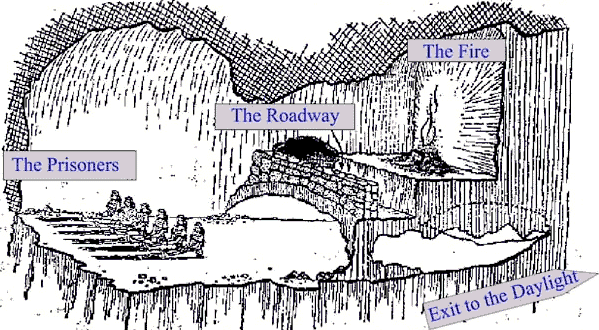Puritanhead
Puritan Board Professor
Well this question presupposes that you are familiar with the allegory--
Can Christian teachers and preachers find any Christian adaptation of Plato's Allegory of the Cave to elucidate some great moral lesson, that reconciles with Christian doctrine? Care to discuss?
 **Puritanhead puts on philospher hat**
**Puritanhead puts on philospher hat**
Can Christian teachers and preachers find any Christian adaptation of Plato's Allegory of the Cave to elucidate some great moral lesson, that reconciles with Christian doctrine? Care to discuss?
 **Puritanhead puts on philospher hat**
**Puritanhead puts on philospher hat**

